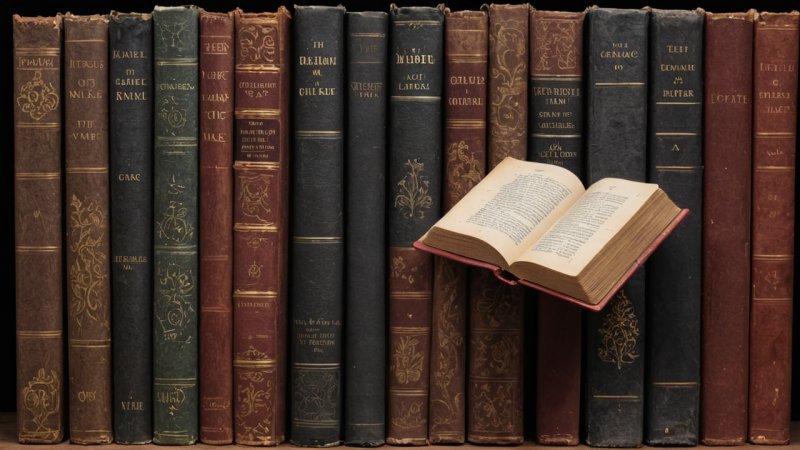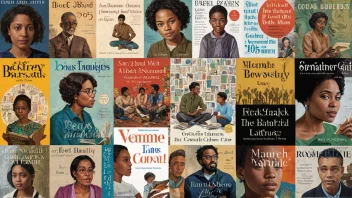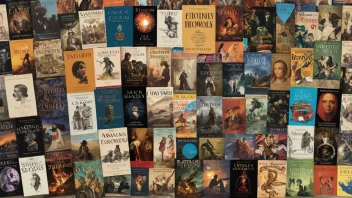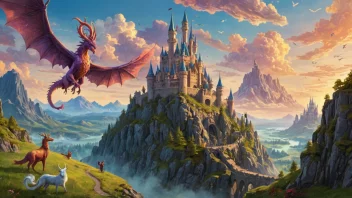Classic literature holds a unique position in the literary canon, serving as a bridge between past and present. These works, often revered for their artistic merit and cultural significance, invite readers to delve into the complexities of human existence and societal structures. In exploring classic literature, we uncover a wealth of knowledge and insight that illuminates our contemporary lives.
One of the most compelling aspects of classic literature is its exploration of timeless themes. Works like *Anna Karenina* by Leo Tolstoy delve into the intricacies of love, fidelity, and the societal pressures that shape personal choices. Through the tragic tale of Anna, readers are prompted to reflect on their own relationships and the impact of societal expectations. This exploration of universal human emotions ensures that classic literature remains relevant, regardless of the era.
Moreover, classic literature often serves as a lens through which we can examine historical contexts and cultural shifts. For example, *The Grapes of Wrath* by John Steinbeck provides a poignant depiction of the Great Depression and the struggles of displaced families. Steinbeck's portrayal of hardship and resilience resonates with modern audiences facing economic challenges, highlighting the cyclical nature of history and the enduring human spirit.
The character development found in classic novels is another reason for their lasting impact. Authors like Fyodor Dostoevsky create complex characters that grapple with moral dilemmas and existential questions. In *Crime and Punishment*, Raskolnikov's internal struggle raises essential questions about morality, guilt, and redemption. This depth of character invites readers to engage in introspection, prompting them to consider their own beliefs and values.
Additionally, classic literature often employs rich symbolism and literary devices, enriching the reading experience. For instance, in *The Scarlet Letter* by Nathaniel Hawthorne, the letter 'A' symbolizes sin and societal judgment, serving as a powerful representation of the protagonist's internal conflict. Such symbolism encourages readers to look beyond the surface and engage with the text on a deeper level, fostering critical thinking skills.
Furthermore, the language and style of classic literature offer a glimpse into the evolution of language and storytelling. Reading works by authors like Emily Brontë or Mark Twain exposes readers to diverse narrative styles and linguistic choices that have shaped modern literature. This exploration of language not only enhances appreciation for the craft of writing but also enriches readers' own vocabulary and communication skills.
Classic literature also fosters a sense of community among readers. Many literary circles and book clubs focus on discussing classic works, providing a platform for shared insights and interpretations. Engaging in discussions about these texts allows readers to broaden their perspectives and appreciate the diversity of thought that classic literature inspires.
In conclusion, exploring the depths of classic literature unveils a treasure trove of insights, emotions, and cultural reflections. These timeless works invite readers to engage with universal themes, historical contexts, and intricate character studies, enriching our understanding of the human experience. By embracing classic literature, we cultivate a love for reading that transcends time and connects us to the shared narratives of humanity.
Exploring the Depths of Classic Literature
Discover the timeless relevance of classic literature and its profound impact on understanding human experiences.






